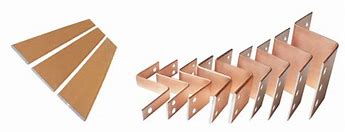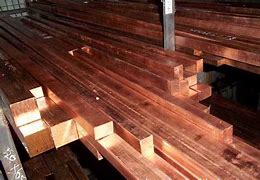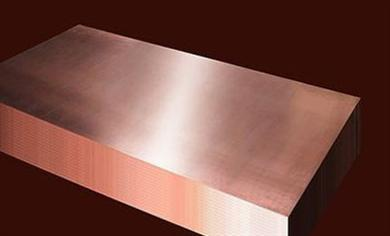**Copper Pipes: Propane’s Best Friend or Natural Gas’s Foe?**
(Can Copper Pipe For Propane Be Used For Natural Gas)
You’ve seen them in homes, snaking behind walls or tucked under floors—copper pipes, shiny and reliable. They’re the go-to for propane systems, but what happens when natural gas enters the picture? Can these trusty copper tubes handle the switch? Let’s dig into the details.
First, propane and natural gas aren’t the same. Propane gets stored as a liquid under high pressure, while natural gas stays gaseous and flows at lower pressure. Copper pipes work great for propane because they’re tough enough to handle the pressure. But natural gas is a different beast. It’s lighter, flows slower, and sometimes carries tiny amounts of moisture or chemicals.
Copper itself isn’t the problem. It’s durable, resists corrosion, and bends easily. The real question is whether it’s safe for natural gas over time. Natural gas systems often run at lower pressure than propane setups. This might make copper seem like a good fit. But here’s the catch: some building codes say no. In certain areas, copper isn’t approved for natural gas lines. Why? Blame it on worries about leaks or corrosion from additives in the gas.
Another factor is joint types. Propane lines usually use flare fittings, which create tight seals under high pressure. Natural gas systems might rely on threaded joints or compression fittings. If you reuse copper pipes from a propane setup for natural gas, the existing joints could be a weak spot. Even a small leak spells trouble—natural gas is flammable and packs serious risks.
Then there’s the issue of sizing. Propane pipes are often smaller because the fuel packs more energy per cubic foot. Natural gas needs bigger pipes to deliver the same heating power. Swapping systems without adjusting pipe size could leave appliances starved for fuel. Imagine your heater sputtering or your stove taking ages to boil water.
Building codes muddy the waters further. Some regions outright ban copper for natural gas, while others allow it if specific standards are met. Always check local rules before making changes. Skipping this step could mean fines or worse—a dangerous setup.
What about corrosion? Natural gas isn’t just methane. It sometimes contains traces of water vapor or sulfur compounds. Over years, these might react with copper. Propane systems usually face less of this because the fuel is purer. Still, copper’s corrosion resistance is generally solid. The bigger risk comes from external factors, like soil chemicals if pipes are buried.
Cost plays a role too. Copper isn’t cheap. If you’re retrofitting a natural gas system, using approved materials like black iron or flexible CSST might save money and headaches. But if copper’s already in place, repurposing it could seem tempting. Just remember: safety isn’t the place to cut corners.
Professionals weigh in here. Plumbers and gas technicians stress that systems should match fuel types. Mixing parts without expert input risks leaks, inefficiency, or even explosions. Natural gas demands respect—its odorless nature means leaks can go unnoticed until it’s too late.
(Can Copper Pipe For Propane Be Used For Natural Gas)
So, can copper pipes jump from propane to natural gas? Maybe, but rarely without changes. It hinges on local codes, pipe condition, and proper adjustments. When in doubt, call a pro. They’ll spot issues you might miss and ensure your system runs safely. After all, gas lines aren’t a DIY gamble.
Inquiry us
if you want to want to know more, please feel free to contact us. (nanotrun@yahoo.com)



